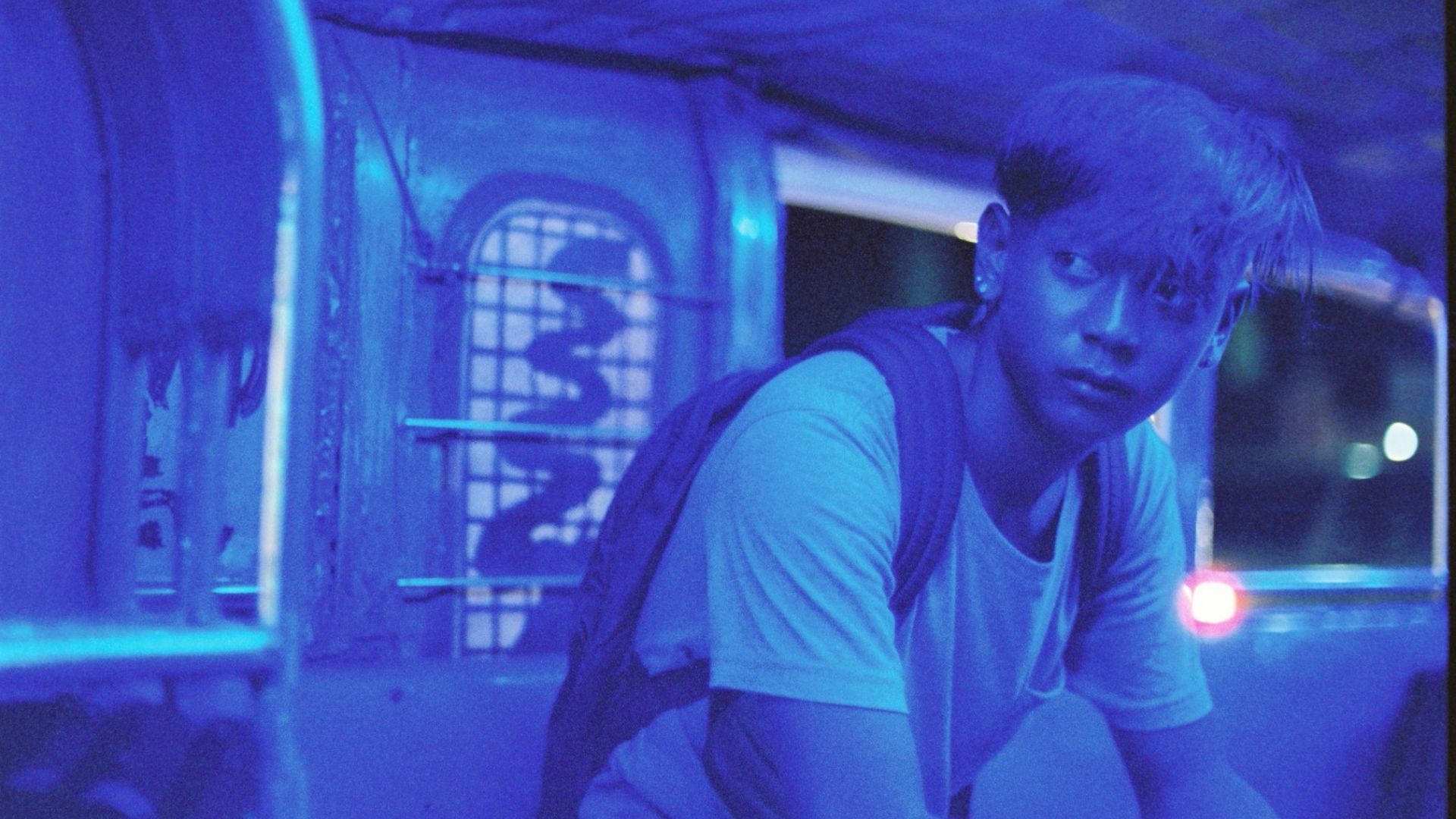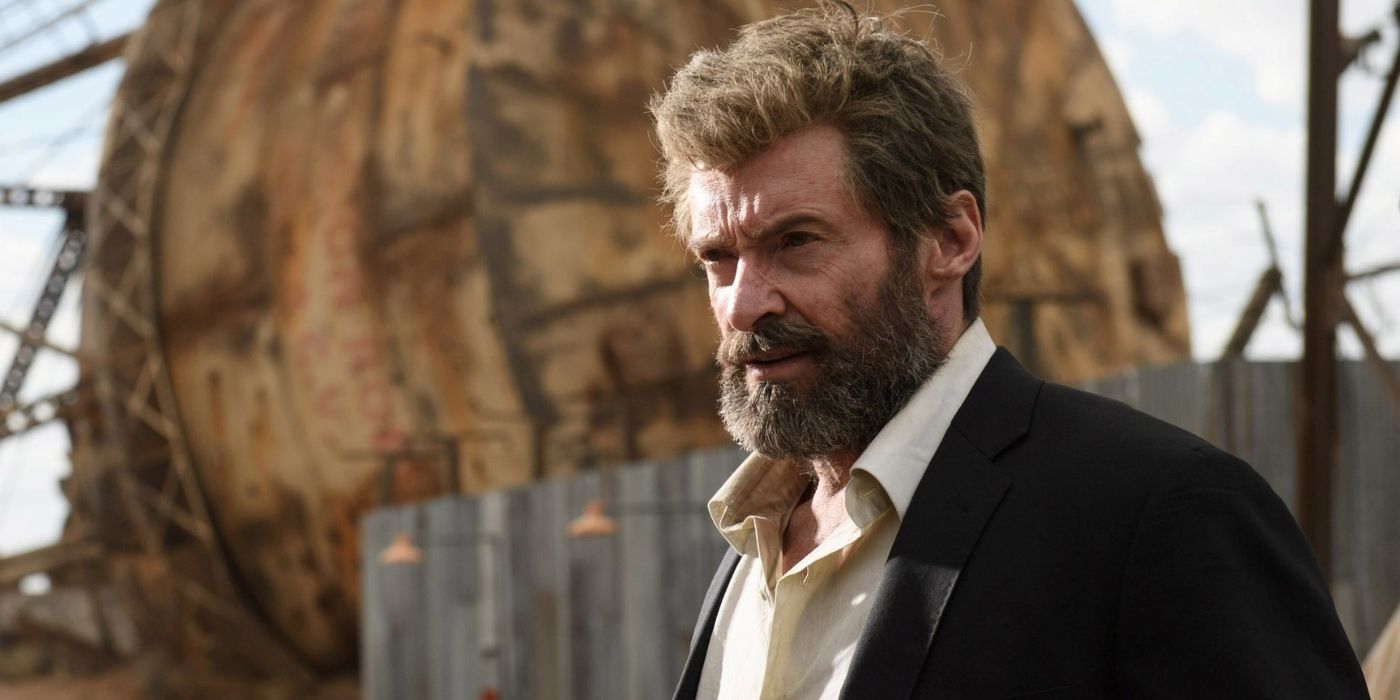“God’s Creatures”
The prodigal son, so to speak, returns to his oyster farming, seaside Irish village after spending years abroad in Australia. He is Brian O’Hara (Paul Mescal), a seemingly amiable and beguiling young man that the town welcomes back with open arms in their quaint church, and in their cacophonous pub. Brian’s mother Aileen (Emily Watson) works at the local oyster plant. She enjoys having him around the house again. That is, until local authorities accuse Brian of sexually assaulting a local woman named Aisling (Sarah Murphy). Emily becomes stuck between supporting her son and defending his possible victim.
Unlike Alex Garland’s allegorical horror flick aimed at interrogating the patriarchy and misogyny, “Men,” co-directors Saela Davis and Anna Rose Holmer’s “God’s Creatures” relies not on heightened provocations, but on subtle, nuanced turns. The film ever-so-deliberately breaks down how religion, industry, and a culture’s unrelenting desire to excuse men’s toxic behavior influences this secluded community.
While every gust of cold, apathetic wind and every damp surface can be felt in the tactile precision of “God’s Creatures,” the biggest draws are its perceptive performances. Watson’s internal kineticism, seen on every corner of her face and body, as captured by filmmakers unafraid of a close-up, provides the dramatic fulcrum of this moral quandary. Murphy accomplishes the most with her barren screen time, offering the narrative unforgettable, acute punctuations. But Mescal, in a year where he’s already astounded in Charlotte Wells’ aching coming-of-age drama “Aftersun,” is note-perfect in a role that understands how abusers are rarely one thing or the other, rarely a flip of the switch from nice to menacing. They terrifyingly exist, openly, with broad patriarchal support, as both friend and foe.
“Aftershock”
From Sierra Pettengill’s hard-hitting “Riotsville, U.S.A.” to Daniel Roher’s spy thriller “Nalvany,” 2022 has been a magnificent year for politically charged documentaries. One that’s unfortunately flown under the radar is the co-director Tonya Lewis Lee and Paula Eiselt’s bracingly intimate “Aftershock.”
The film takes notice of the real risk Black mothers-to-be experience in the American hospital system by spotlighting the heartbreaking deaths of Shamony Gibson and Amber Isaac. These two women from New York City died from childbirth-related complications, leaving behind their children and loved ones. Their spouses and remaining family now lead the fight, hoping to reform the dangerously prejudiced habits of medical professionals who ignore the pain of Black women.
You can view the original article HERE.





























